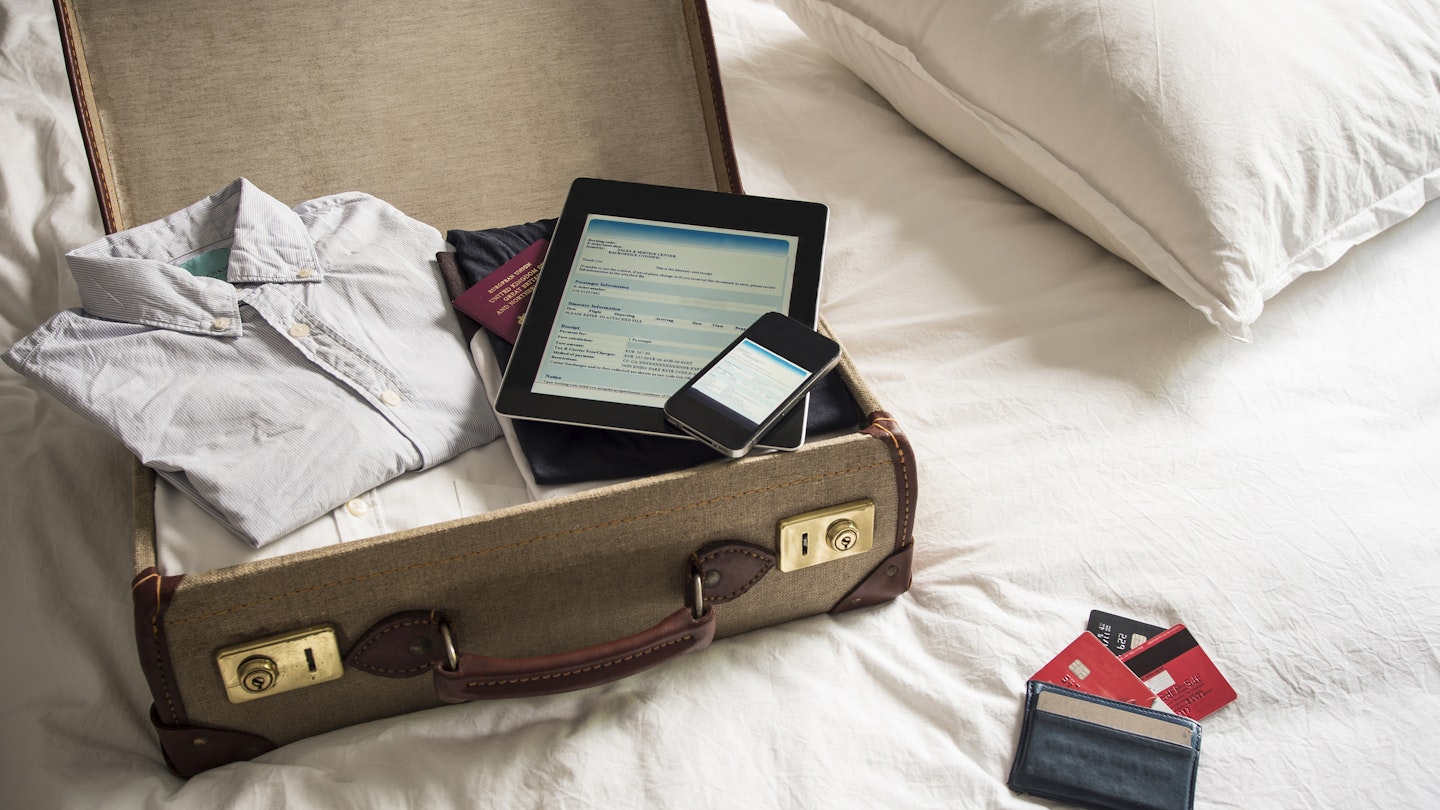The last thing you want to think about when you’re getting excited about a trip is what might go wrong. However, sometimes issues like sudden illness, delayed flights, or even natural disasters do occur. Here are a few essential travel safety tips to consider for your next adventure.

Understand Potential Issues at Your Destination
To start with, it’s sensible to research what the most likely issues associated with your destination might be. Generally, the most common emergencies during travel are similar to those that can occur at home: injuries or illness. Therefore, consider visiting a medical professional before your trip to assess any specific risks. Always remember to bring a copy of your prescriptions.
While exotic natural disasters are rare, they can happen. Consequently, taking a few minutes to gather some information can be beneficial. Be aware of any particular hazards that you might not be familiar with.
Stay Informed About Local Safety Protocols
If you’re traveling to areas prone to earthquakes, such as Japan or California, know the latest safety recommendations. For instance, standing in a doorway is no longer a recommended safety practice. Official government channels may provide helpful guidance.
If you’re currently in countries like Australia, familiarize yourself with bushfire safety and identify safer locations in case of emergencies. Always ensure you understand the emergency procedures for your accommodations, particularly if you’re staying in a rental property. Moreover, having a pair of comfortable shoes can be crucial in case you need to evacuate quickly.

Ensure You’re Healthy and Vaccinated
Additionally, ensure that you’re in good health before your trip. Consult your healthcare provider for vaccination recommendations. Notably, the NHS in the UK and the CDC in the US are excellent resources for vaccination guidelines. If you’re traveling during winter, getting a flu vaccination may be wise, as many pharmacies offer this service.
Keep in mind that flu vaccines are formulated every six months. Thus, it’s essential to check if the vaccine you received in one hemisphere is effective in the other. Furthermore, if you’re heading to a high-risk area for HIV, discussing PrEP (pre-exposure prophylaxis) with a healthcare professional can be a preventative measure worth considering.
Lastly, bring any over-the-counter medications you regularly use, as you may not find familiar brands abroad.
Manage Your Cash Wisely
It may sound old-fashioned, but carrying an emergency stash of cash is a prudent practice. Store about a couple of hundred dollars in several locations: within your wallet, your carry-on bag, checked luggage, and even hidden in personal items like a lip balm case. This way, you’ll have fallback options if ATM access becomes an issue.

Prepare Digital and Physical Copies of Important Documents
I recommend keeping a password-protected document on your laptop containing three types of information: your travel plans, personal information, and scans of essential documents. Share your travel itinerary with a trusted friend for additional peace of mind.
For your personal information, note down critical details like your name, date of birth, medical identification, and emergency contacts. Ensure you also document essential medication names rather than brand names for clarity.
For crucial document scans, take photos of your passport, visas, and any medical cards. Having these records available will prove invaluable if you find yourself in a situation where you need to reference them.
The peace of mind gained from being organized before you travel cannot be overstated. It not only enhances your overall experience but also provides security in knowing that you are prepared for unexpected events.




